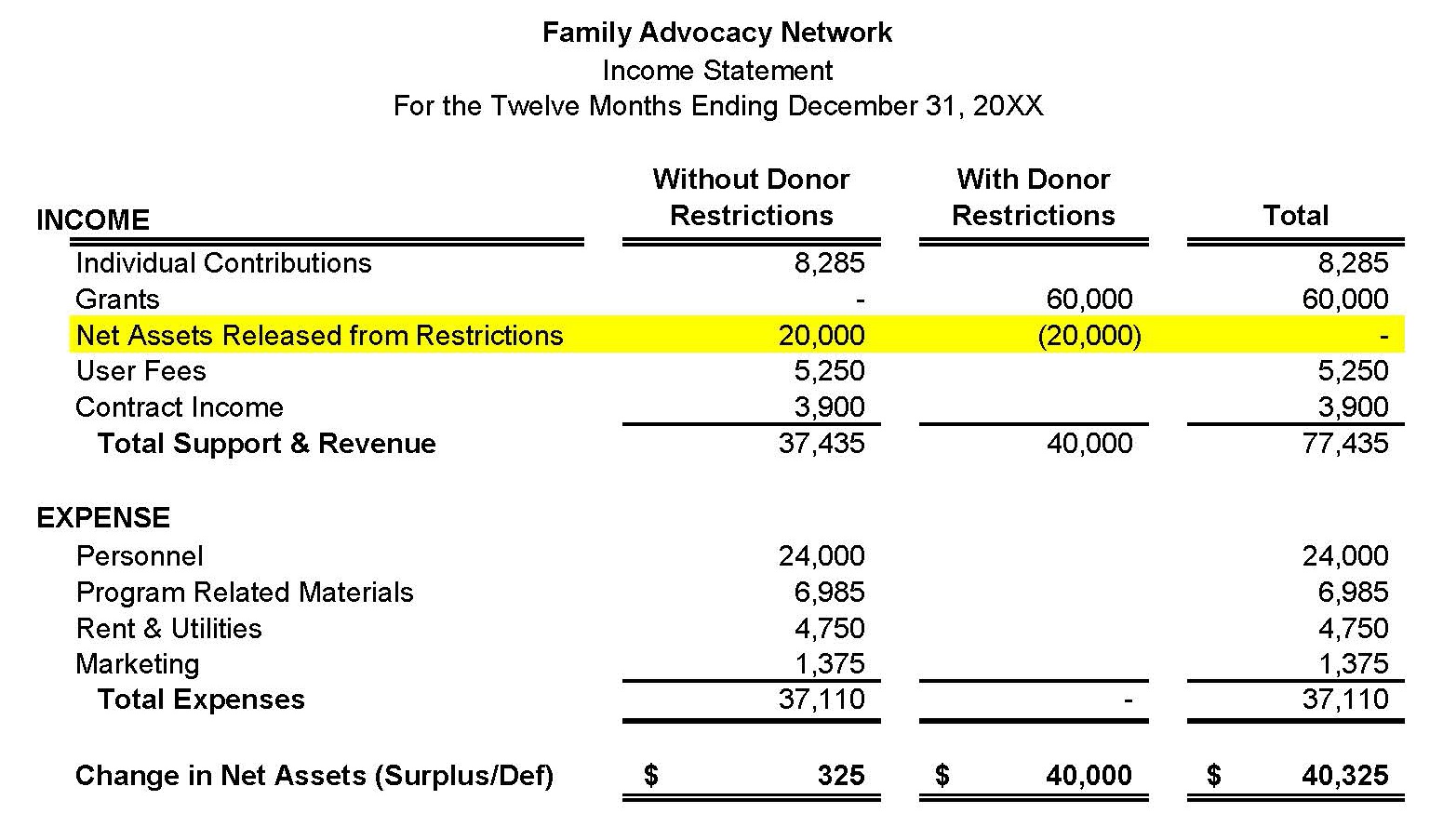

Finance
Bank Restriction Act Of 1797 Definition
Published: October 13, 2023
Learn the definition of the Bank Restriction Act of 1797, an important legislation in finance history that impacted the UK's monetary system.
(Many of the links in this article redirect to a specific reviewed product. Your purchase of these products through affiliate links helps to generate commission for LiveWell, at no extra cost. Learn more)
Welcome to the World of Finance: Unraveling the Bank Restriction Act of 1797
Are you fascinated by the intricacies of historical financial regulations? Do you want to dive into the Bank Restriction Act of 1797 and understand its significance? Look no further, as we embark on a journey to explore this pivotal moment in financial history.
Key Takeaways:
- The Bank Restriction Act of 1797 was a piece of legislation implemented during the French Revolutionary Wars and aimed to address challenges faced by the British economy.
- Enacted in response to a financial crisis, the Act suspended the convertibility of banknotes into gold, allowing the Bank of England to continue issuing paper money.
The Bank Restriction Act of 1797, a significant milestone in the history of finance, holds relevance even today. In this article, we will explore the definition, context, and impact of this influential piece of legislation.
Defined: Bank Restriction Act of 1797
The Bank Restriction Act of 1797, also known as the Peel Act, was a law passed by the British Parliament in response to the financial turmoil caused by the French Revolutionary Wars. Previously, the Bank of England, established in 1694, had promised to exchange its banknotes for gold on demand. However, the war had put a strain on the country’s gold reserves, leading to a crisis.
To alleviate the pressure, the Bank Restriction Act of 1797 temporarily suspended the convertibility of banknotes into gold. This meant that the Bank of England could continue to issue paper money without the obligation to exchange it for gold. The Act was initially intended to be a temporary measure but remained in effect for over two decades, until 1821.
The Context and Impact
The Act was a response to a financial crisis and aimed to address the urgent need for liquidity in the British economy. By suspending the convertibility, the government ensured that the Bank of England could provide loans to the government, finance the war, and ensure a stable economic environment.
However, the Bank Restriction Act of 1797 had both positive and negative consequences:
- Positive Impact: The Act allowed for increased monetary flexibility, enabling the government to finance the war effort and maintain necessary economic stability during a turbulent period. It also protected the Bank of England from potential runs on its reserves and provided a level of confidence to the public in the face of economic uncertainty.
- Negative Impact: The suspension of convertibility led to a depreciation of the British currency and rising inflation. This had adverse effects on the purchasing power of the general population and the stability of prices. Furthermore, it created an environment prone to speculative activities and economic volatility.
It is important to note that the Bank Restriction Act of 1797 was eventually repealed in 1821, as the British economy stabilized after the Napoleonic Wars. The returning convertibility of banknotes into gold restored confidence in the currency and laid the foundation for a more robust financial system.
Conclusion
The Bank Restriction Act of 1797 played a significant role in shaping the financial landscape of its time. It was an extraordinary measure implemented during a period of crisis, temporarily suspending the convertibility of banknotes into gold. Despite its challenges, the Act helped stabilize the British economy and contributed to the development of modern financial systems.
As we explore the history of finance, it is crucial to study such pivotal moments that have shaped the world of money and banking. The Bank Restriction Act of 1797 reminds us of the delicate balance between stability and flexibility needed in times of economic turbulence.














